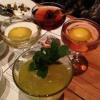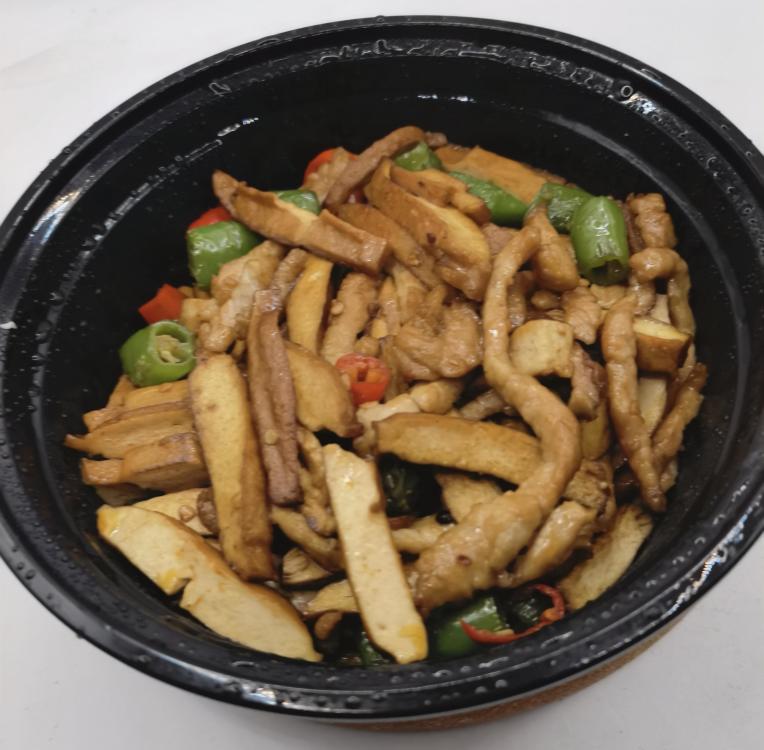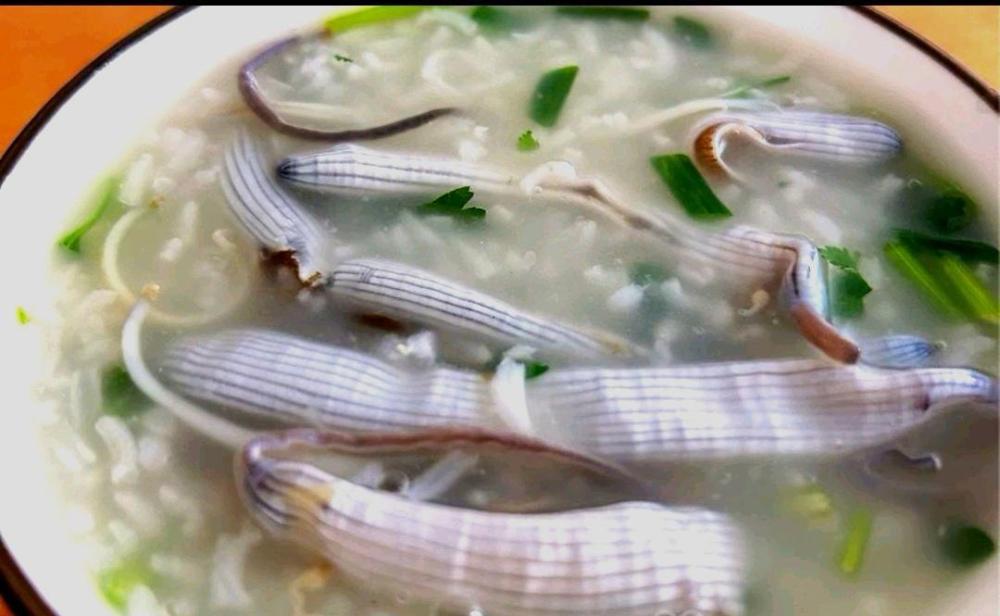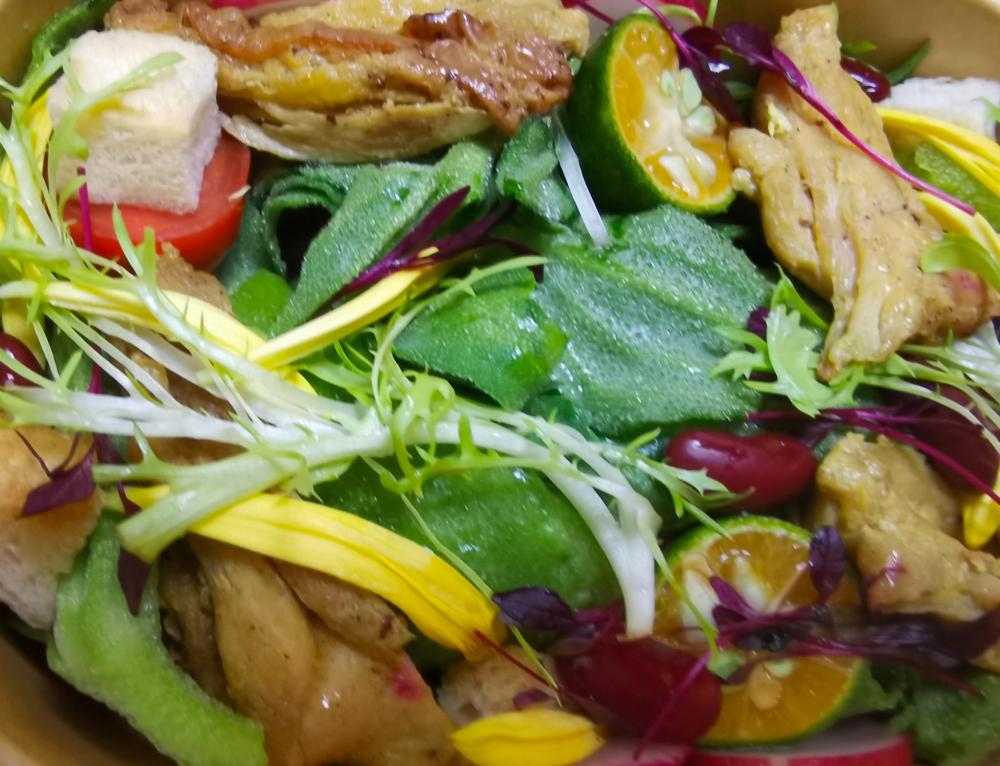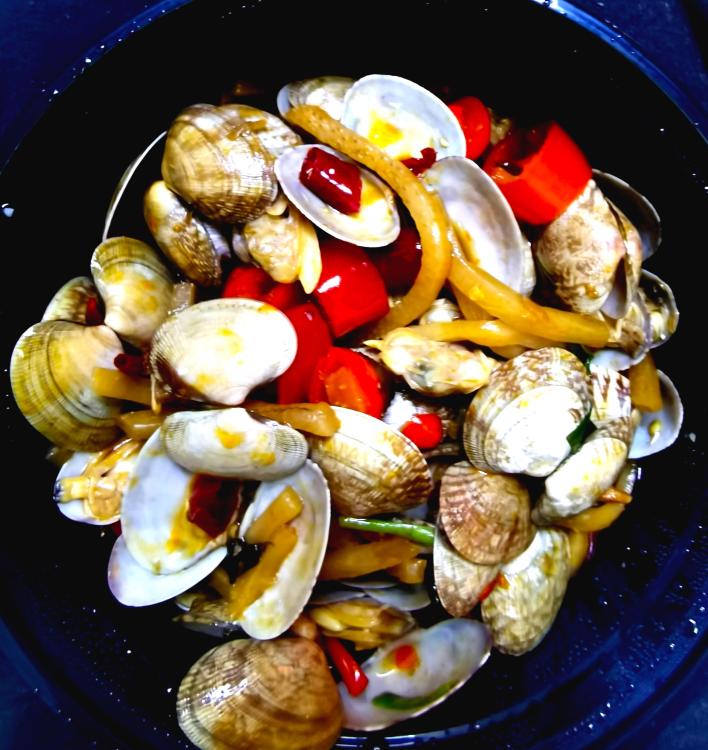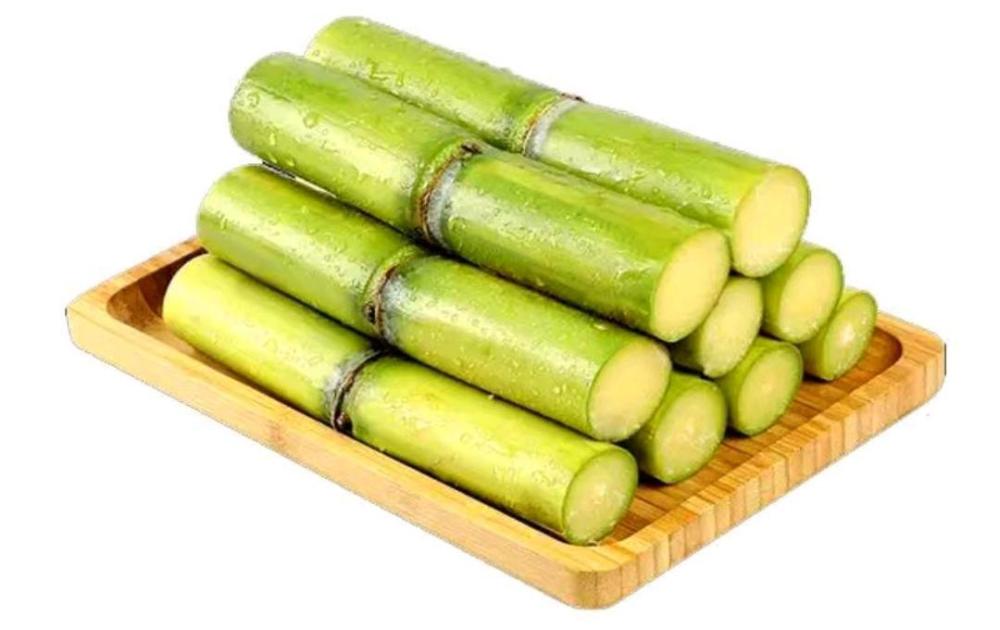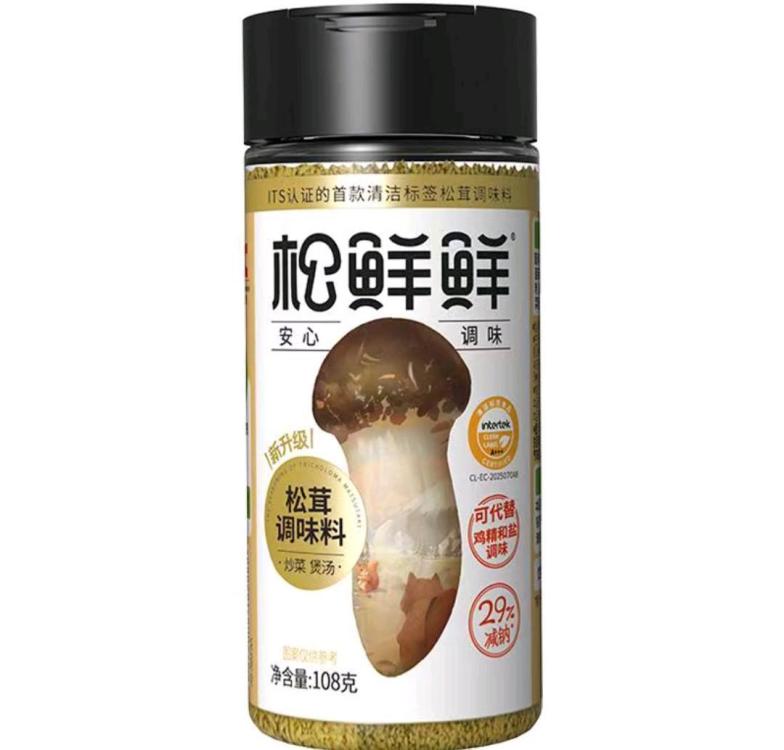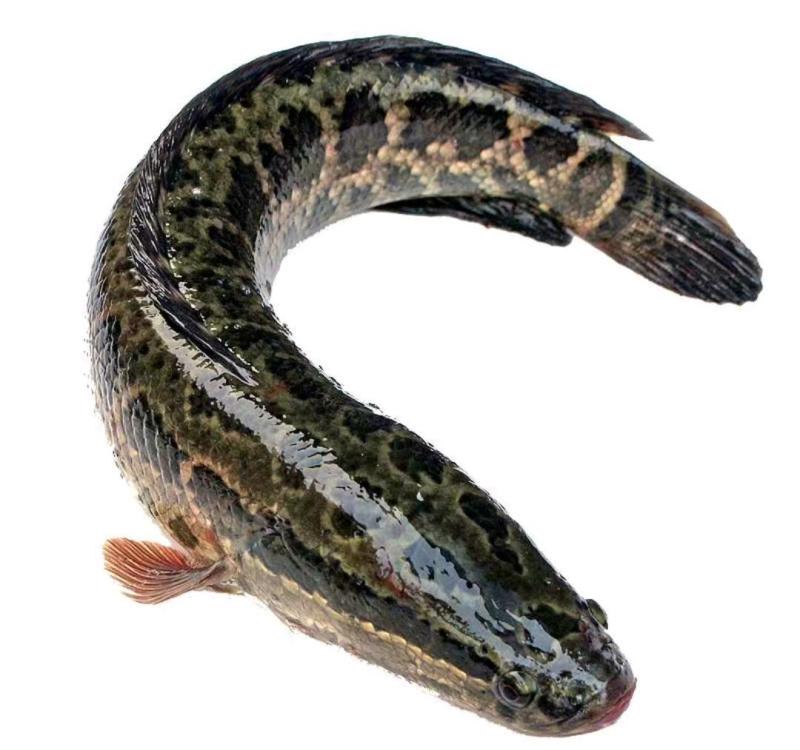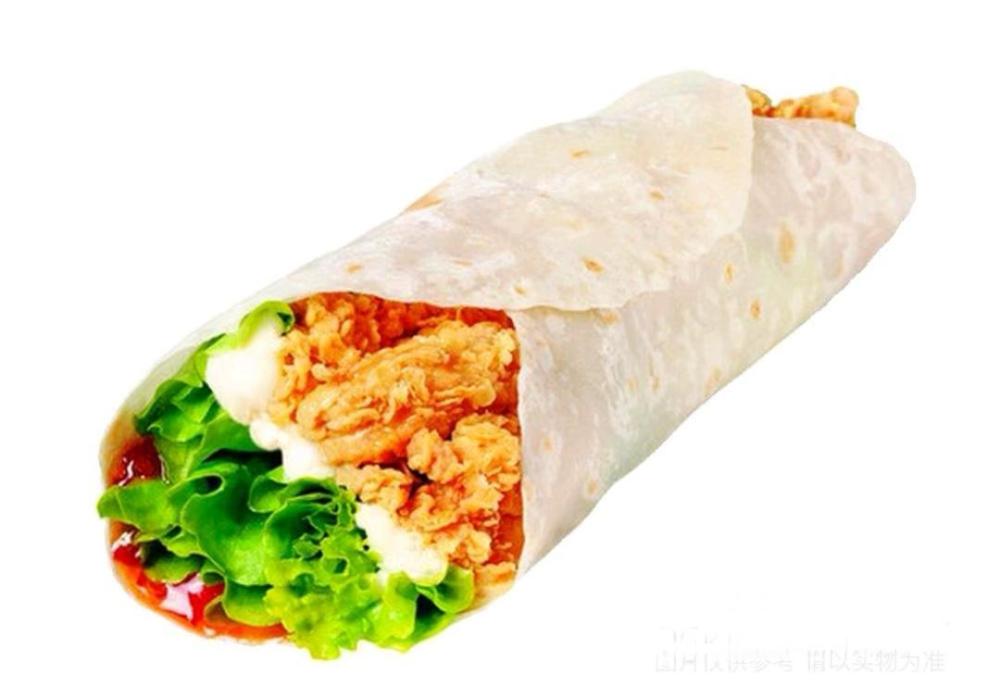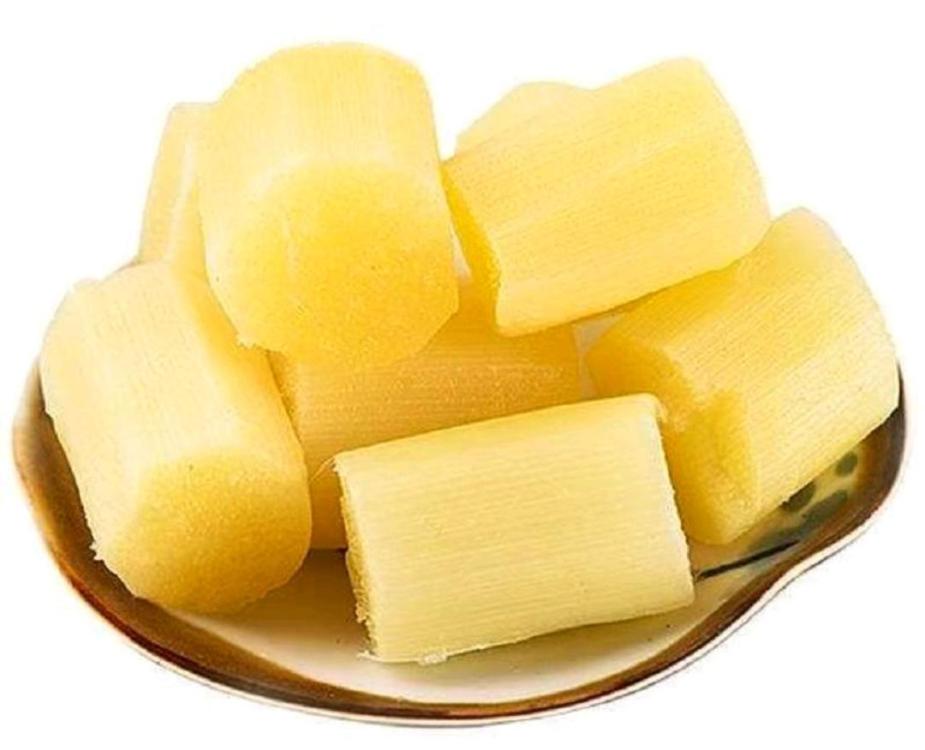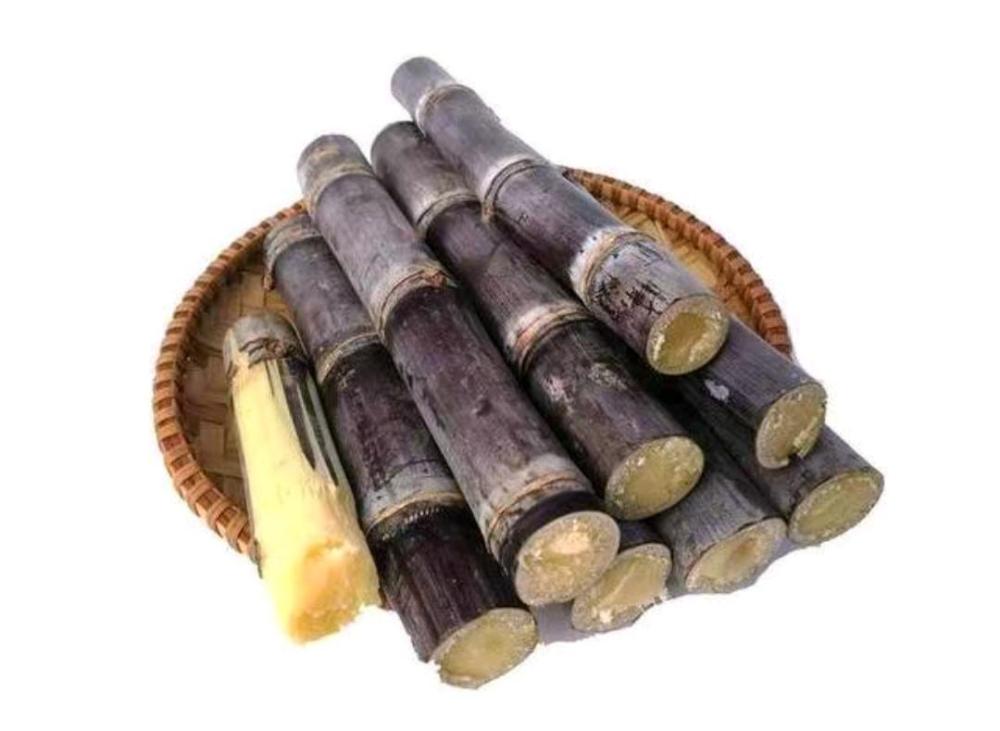-
Posts
16,770 -
Joined
-
Last visited
About liuzhou
Profile Information
-
Location
Liuzhou, Guangxi, China
Recent Profile Visitors
89,650 profile views
-
Sauscisse is the (nuch) older version from which the English derivation comes. Saucisson is modern French, although both are still used.
-
Almost. Boudin is indeed French but only refers to the two specific sausages you mention: boudin noir which is a blood sausage from the Champagne region; and boudin blanc from Brittany and Normandy and which is made from white meats and milk. Neither contain rice. The French for sausage in general is saucisse, from which the English was derived in the Middle Ages. Boudiin in southern USA is from Louisiana and is totally unrelated to the French versions. It does include rice. I know nothing about the Amish, but suspect theirs is related to.the Louisiana version.
-
Coincidentally, I came across this today. https://www.mirror.co.uk/lifestyle/food-drink/experts-say-storing-potatoes-one-36556687
-
Unfortunately, that often doesn't work. Many websites (especially media sites) detect and block VPNs.
-
-
-
- 117 replies
-
- 13
-

-

-
-
Mushroom powder is widely available in stores here from a large variety of species. I do make my own shiitake powder but I regularly buy this matsutake powder and use it as a seaoning pretty much like salt.
-
This ugly specimen is 斑鱼 (bān yú, blotched black fish), channa maculata. Native to China but introduced as an invasive species elsewhere. Mildly sweet and flaky, these are usually 20 to 30 cm (8 to 12 inches long.
-
After months of struggling, my Chinese burrito place has officially posted a notice stating they will permanently stop trading on February 6th, although they have already stopped delivery service. A nation (well me) is in mourning.
-
Not really fruit but always sold by the fruit people. Or street vendors. In the local dialect usually 甘蔗 (gān zhè), which, to my confusion on first hearing it, is pronounced almost exactly like 'ganga'. It is of course sugar cane. Fruity and very sweet.
-
By farr, my favourite way to cook green beans. https://food52.com/recipes/20767-fuchsia-dunlop-s-sichuanese-dry-fried-green-beans
-
The book is interesting but the title perhaps somewhat misleading. It's basically a recipe book of classic French cooking as cooked in a 2 Michelin star restaurant by French chef. Certainly not a guidebook for beginners as you have described yourself.









